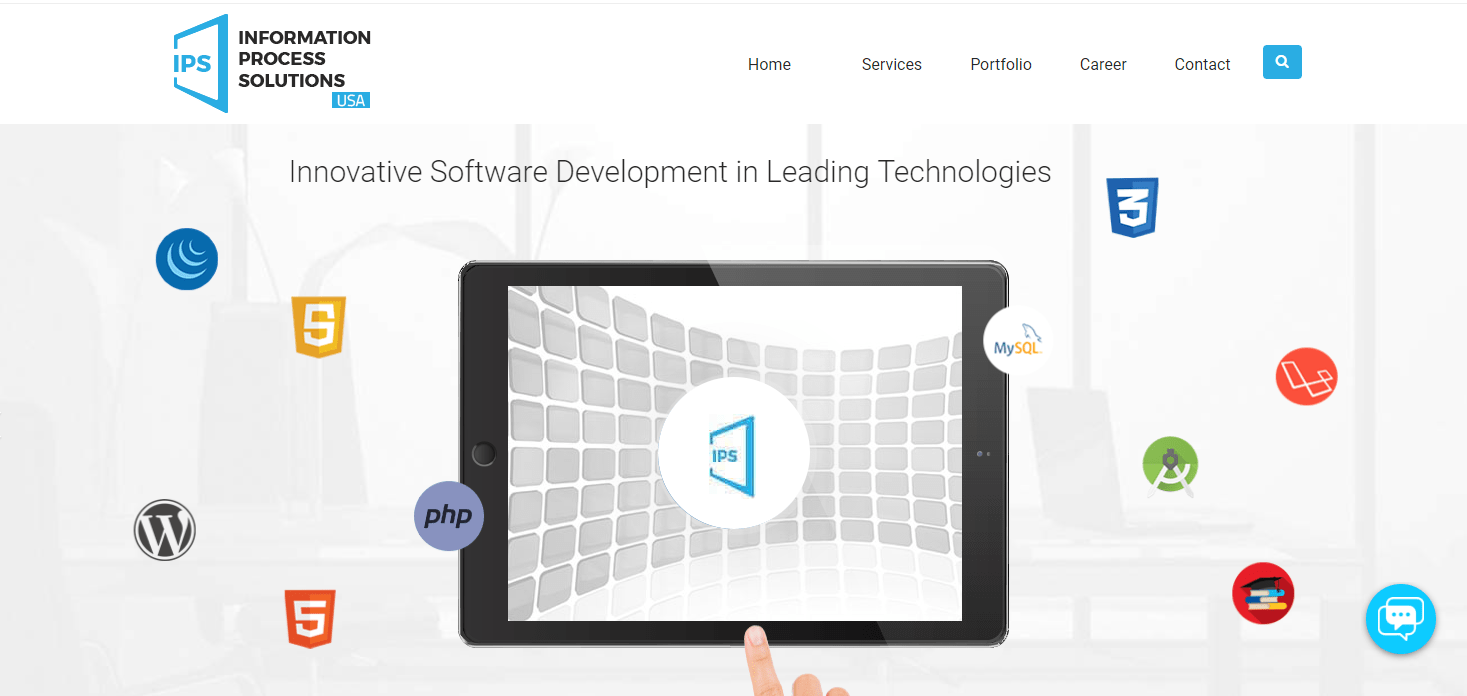As per a study help in 2011, around 30% doctors used a mobile health app, and this figure has reached 83%. Along with that, a report also shows that by the end of 2017, the mobile health app reached around $26 billion.
Today, top mHealth publishers have launched around 3 Million free and more than 300K paid download on the App store in the US market. Plus, 97,000 apps have been listed in the multiple app markets.
Among these apps, majority belongs to the health and fitness app category, enables tracking of various health parameters for users including interesting facts and insights about one’s fitness level.
Undoubtedly, this is the best time for mobile health app development.
Developing an app starts with a deep, rich understanding of what functionalities you want from the app, who are your targeted audience, and what would it take? You must be aware of the users’ requirements and address it with your project.
Below given 5 things that you should consider in healthcare mobile app development.
1. Target Hardware
As an app developer, you would target multiple platforms, like along with tablets and smartphones, you can launch an app for desktop.
The reason is users interact with different devices in different ways. The way users interact with tablets is different than the way they do it with smartphones. As compared to the length of information, users prefer the speed.
Enterprise healthcare mobility solution is used on the tablet. As compared to the smartphones, apps optimized for the tablets are able to accommodate more functionalities.
Patient engagement solutions get optimized for the tablets whereas apps like call a doctor are more likely to be optimized for the smartphones.
Though, in many cases, apps developed for the tablets work seamlessly on the smartphones and vice a verse. iPhone apps work on the iPads unless they are control based apps.
2. Interoperability
One of the most crucial factors to consider before developing a healthcare mobility solution is whether they are interoperable with the existing clinical management software used by the hospital staff.
Today, enterprise healthcare mobility solutions that include medical scheduling software are cloud-based to facilitate the interoperability.
You have to develop an app compatibility layer to run over the existing setup.
Advertisement
3. API components
Application programming interface is a tool, process, or routine that are being used to execute a specific interaction or task with the software or with just a module.
Social network apps rely on the APIs to pass on information without any break. When you login into a social network app, the authentication is handled by an API request that connects your device to a remote server.
In case of patient engagement solution, you might have to add the API components to authenticate your device in order to access the patients’ repository.
Furthermore, you might also need additional APIs from the suppliers and vendors. As not all APIs are open to third parties.
4. Data security
These days, healthcare app developers avoid storing data in the devices for security reasons. If your clinical management app connects to a lot of simultaneous API requests then you might have to store that data on the app server.
As app servers are not built for security, they exist for speed, and thus, are easy to breach into. It’s necessary for the developers to encrypt data they keep on their servers.
Data transfer between the secure remote server and the device is always open to the communication interception by fraudulent organizations, government agencies, and individuals.
5. Device security
In the apps where security is the most important thing, cyber security advocates are against the app development for Android.
Android constitute around 80% of the smartphone market. Smartphone manufacturers are trying to fill the security holes with their own solutions.
Still, not much will change until Google takes the responsibility and sort the security issues on its mobile OS, Android.
To Sum Up,
In the end, the usability, the driving need, and user-friendliness are going to decide the success of your app.
Advertisement
In today’s competitive world, when it comes to apps, people have high expectations. If one fails to meet these demands, they can lose their potential users to the competitors. In order to address the requirements, it is necessary to make your app a significant part of users’ lives.








